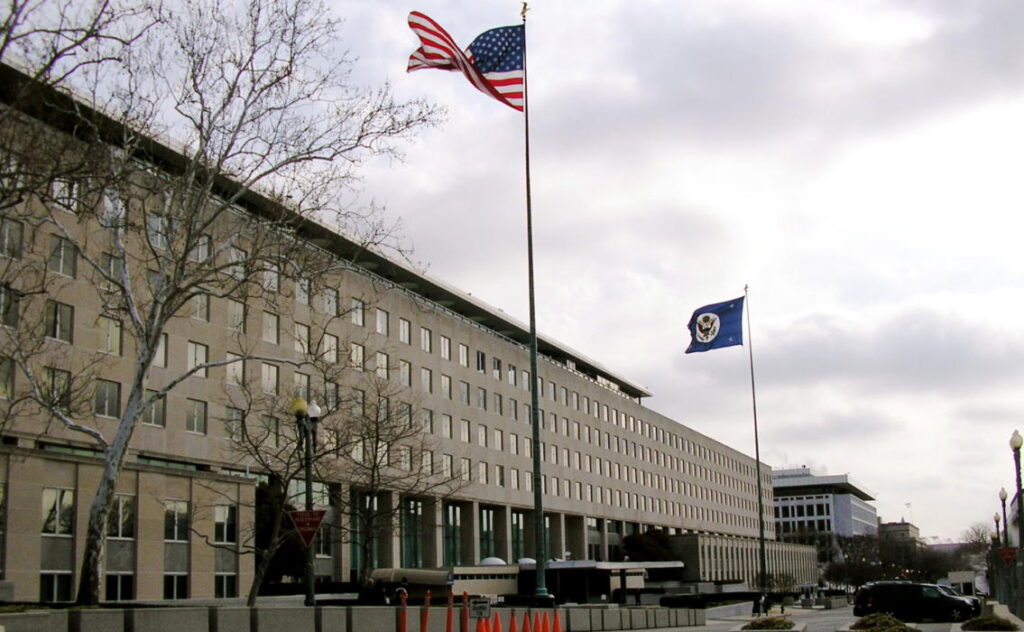The situation in Syria is tragic but there is one small consolation. It’s not a problem of our making. We aren’t responsible for what is happening there. We don’t own the problem. Syria is a client state of Russia and Iran. We have a humanitarian interest in stopping the bloodshed there, but since there are no ready solutions, we really don’t have to do anything beyond mitigating the suffering where we can.
As far as I am concerned, we are already too invested in the outcome. But it hasn’t grown to the point where we are necessarily going to get sucked in. It’s precarious right now. It sounds like we are going to start sending some arms shipments in August but, at the same time, the administration is using the Joint Chiefs to pour as much cold water on the idea of escalation as possible. This is morally problematic because we’re basically signing on to play a role in an ongoing civil war which we do not seriously believe we can resolve. Yet, this is preferable to mistakenly believing that we can resolve it by getting more deeply involved and spending billions of dollars a month.
I feel like the administration is adopting a small policy that it knows will not fix anything in order to avoid a big policy that it rightly fears would be a disaster. Yet, with Secretary of State John Kerry making a big push to restart peace talks in Israel, perhaps the Syrian policy makes some sense. As bad as the status quo is in Syria, it isn’t currently interfering with our ability to get peace talks going. But it’s a gamble. If it works out, it will possibly be worth it. But playing any role in ramping up the violence in Syria is morally dubious, especially if we don’t believe that we will achieve our goals there.
